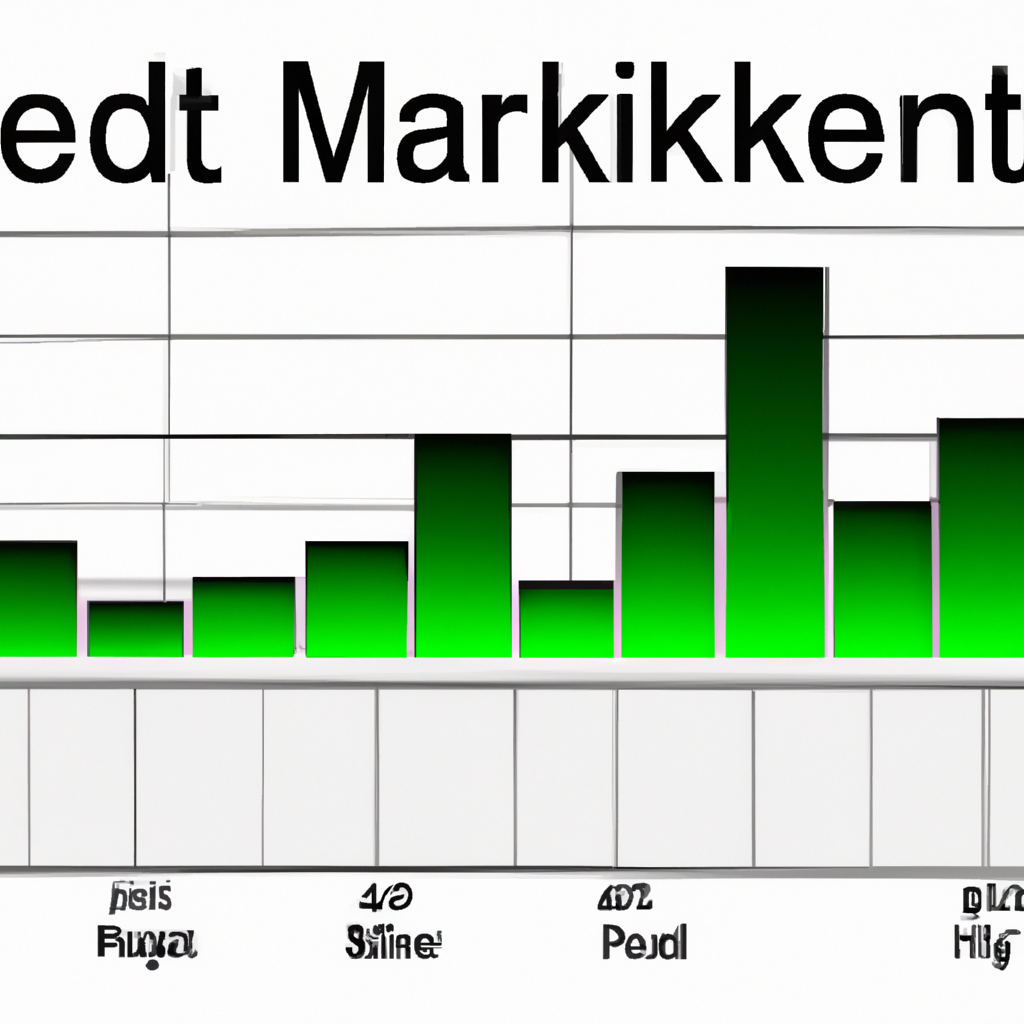
Understanding Market Breadth Indicators for Successful Trading
Market Breadth Indicators
What are Market Breadth Indicators?
Market breadth indicators are tools used by traders and investors to gauge the overall health and direction of the stock market. These indicators provide valuable insights into the strength or weakness of the market by analyzing the number of advancing and declining stocks, volume, and other factors.
Types of Market Breadth Indicators
Advance-Decline Line
The advance-decline line is a simple market breadth indicator that tracks the number of advancing stocks minus the number of declining stocks on a given day. A rising advance-decline line indicates broad-based market strength, while a declining line suggests weakness.
McClellan Oscillator
The McClellan Oscillator is a more complex market breadth indicator that combines the advance-decline line with exponential moving averages. It helps traders identify overbought or oversold conditions in the market.
Volume Indicators
Volume indicators such as the on-balance volume (OBV) and the volume-weighted average price (VWAP) measure the amount of trading activity in the market. High volume on up days and low volume on down days can signal the strength of a trend.
How to Use Market Breadth Indicators
Confirming Trends
Market breadth indicators can be used to confirm the strength of a trend. If the advance-decline line is rising along with the stock market, it indicates that the trend is likely to continue. Conversely, a divergence between the two could signal a potential reversal.
Identifying Market Tops and Bottoms
Market breadth indicators can also help traders identify market tops and bottoms. For example, if the McClellan Oscillator reaches extreme levels, it may indicate that the market is overbought or oversold and due for a reversal.
Watching for Divergences
Divergences between market breadth indicators and the stock market can provide valuable signals. For instance, if the stock market is making new highs but the advance-decline line is declining, it could be a warning sign of a potential market correction.
Conclusion
Market breadth indicators are essential tools for traders and investors to analyze the overall health of the stock market. By understanding and utilizing these indicators, market participants can make more informed decisions and improve their trading strategies.